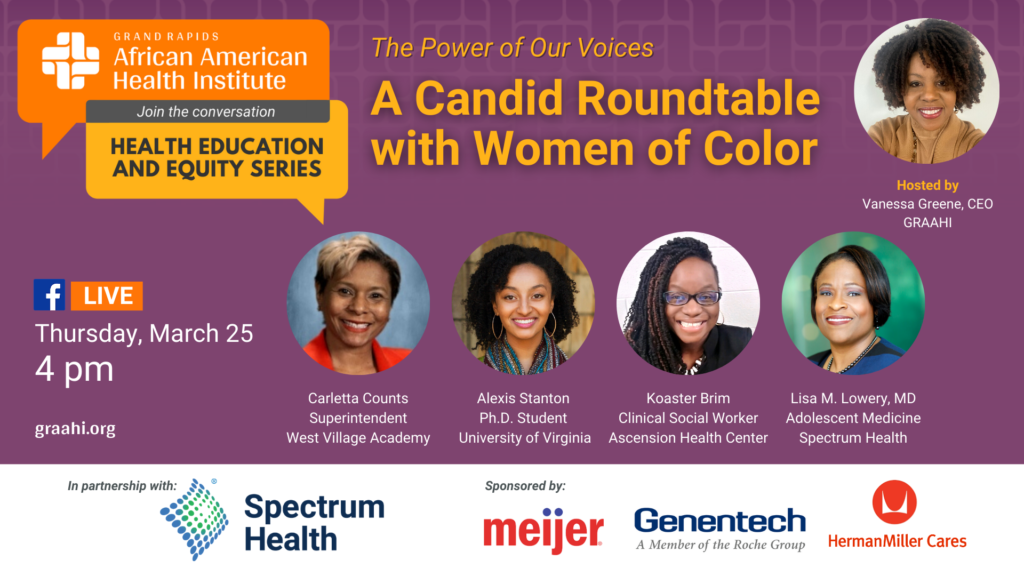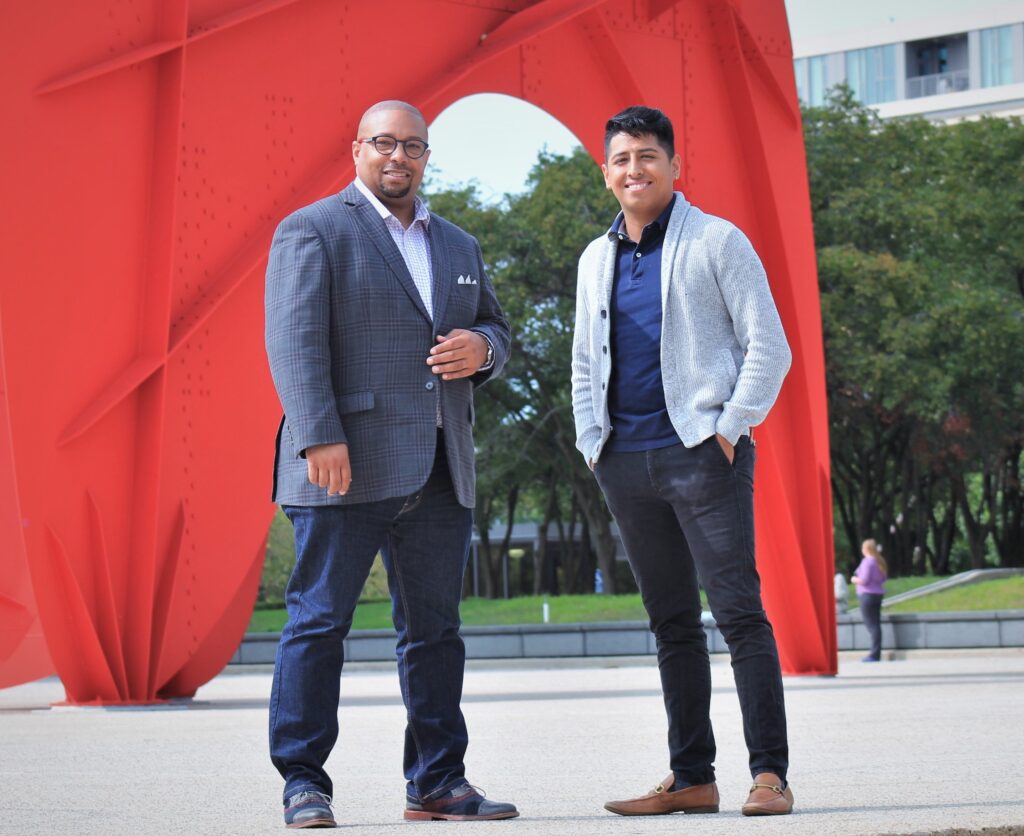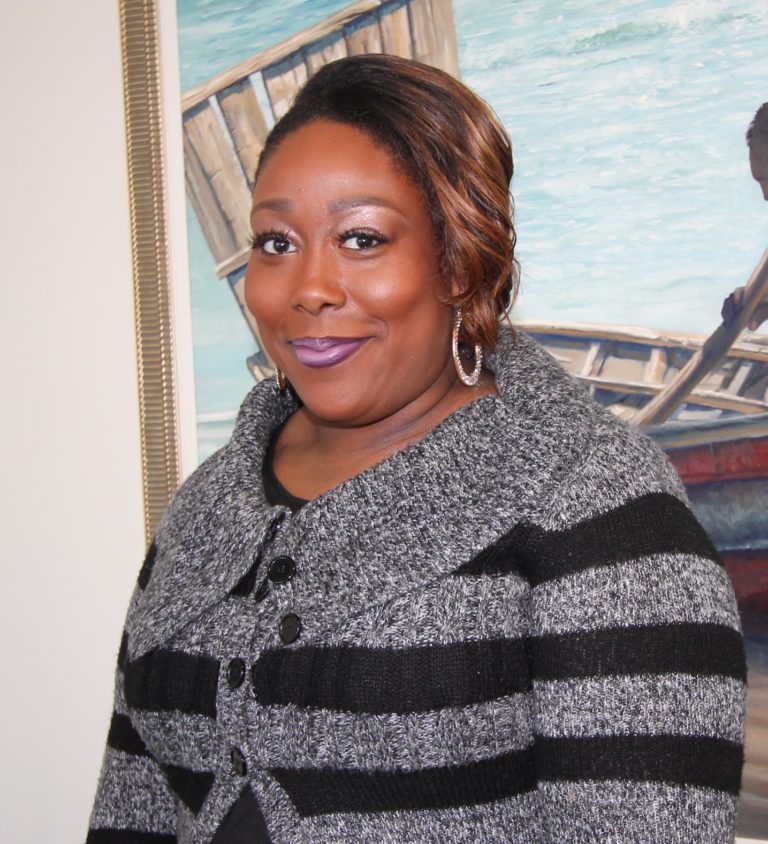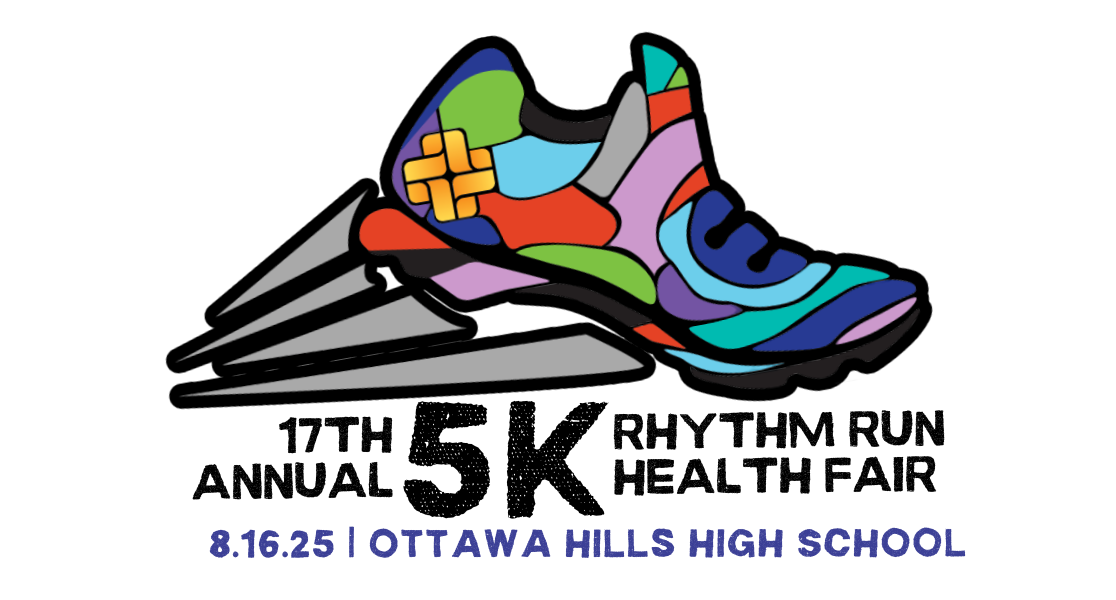By: Ashlie Jones, Health Initiatives & Community Engagement Manager
In less than two months into 2023, African Americans have had several history making events. Actress Viola Davis joins the ranks as the newest recipient of an EGOT status;Lebron James solidified himself as the NBA’s All-Time Leading Scorer highest scorer; and songstress Beyonce Knowles-Carter with an all-time record for most GRAMMY wins. It is easy to say that we are off to a great start and each of them have secured their space in Black History.
In addition to Black History Month, February is also known as American Heart Month, focusing on cardiovascular health and raising awareness about heart disease. This month is earmarked by events such as “National Wear Red Day” which brings greater attention to heart disease as a leading cause of death for Americans, especially African Americans.
According to the U.S Department of Health and Human Services Office of Minority Health, In 2019, African Americans were 24 percent less likely to die from heart disease than non-Hispanic whites. Although African American adults are 20 percent more likely to have high blood pressure, they are less likely than non-Hispanic whites to have their blood pressure under control. African American women are nearly 60 percent more likely to have high blood pressure, as compared to non-Hispanic white women. Those statistics were already troubling before the onset of a global pandemic. So, one can imagine just how much more important education and awareness would be today.
On January 24, 2023, when Damar Hamlin, the 24-year-old football player for the Buffalo Bills had a heart attack after a tackle, millions watched and prayed as medical workers performed CPR and used an automated external defibrillator to restore his heartbeat. Fortunately, he appears to be recovering well. This prompted many communities to pay more attention to heart disease.
Knowing and understanding the importance of such education, the Grand Rapids African American Health Institute (GRAAHI) had the pleasure of partnering with First AME Church and their Abundant Living Ministry to present on the topic of Heart Disease to an audience ranging from 60 to over 90 years of age. With an intimate but engaged group of senior citizens, the conversation organically evolved beginning with an “out of the box” ice breaker. “ What is your superpower and how can it be used to heal a heart?” Very quickly voices began to ring out from all over the room with various responses like “my laughter”, “my empathy”, and one gentleman jokingly mentioning his “completion of my wife’s honey-do list”. The facilitator used these moments as ways to teach how laughter helps to decrease stress, completing household activities increases heart rate and keeps the body moving. All directly impacting the heart and its vulnerability to heart disease.
Research shows that several health conditions, including your lifestyle, age, and family history can increase your risk for heart disease. According to the Center for Disease Control, about half of all Americans (47%) have at least 1 of 3 key risk factors for heart disease: high blood pressure, high cholesterol, and smoking. The challenge is that some of these risk factors, such as your age and genetics, can not be controlled. But intentional steps can be taken to lower your risk of heart disease by changing the factors you can control.
One of those major risk factors is STRESS!!! Did you know that African-American women are particularly vulnerable to the impacts of race-related stress? Furthermore, stress can cause arteries to narrow, make it harder to lose weight and raise blood pressure. These criteria immediately put one at risk for heart attack, even at a young age.
As the conversation continued, the wisdom of the cornerstones of our community began to flow liberally. They shared ways the younger generations could take action to reduce stress. They spoke of breathing techniques, exercise, journaling, talking and laughing with friends, getting outdoors. One participant very firmly expressed “ Learn to slow down and learn to just say NO! You can’t do everything all the time. Pace yourself, you’ll live longer” Now if that is not wisdom, I don’t know what would qualify.
Participants of the Abundant Living group excitedly shared their wisdom and triumphs in making intentional changes to their diets, exercise routines, stress management, activities and self-care practices. All of which can dramatically reduce risks for heart disease, diabetes, high blood pressure and other diseases that severely impact the African American community. The joy and excitement in the room was palpable as the group witnessed exercise demonstrations and received low impact exercise equipment.
At the conclusion of the session one participant stated “I almost stayed home today because it was cold, but I’m glad I came. My heart would have never been this warm at home alone!” I believe it is safe to say that this event was good for every heart in the room. Some ways to reduce risk of heart disease include, healthy eating, exercising and staying active; managing stress; and keeping your blood pressure and cholesterol under control and if you have any signs of illness, get checked out immediately.
For more information about GRAAHI, go to www.graahi.org.






